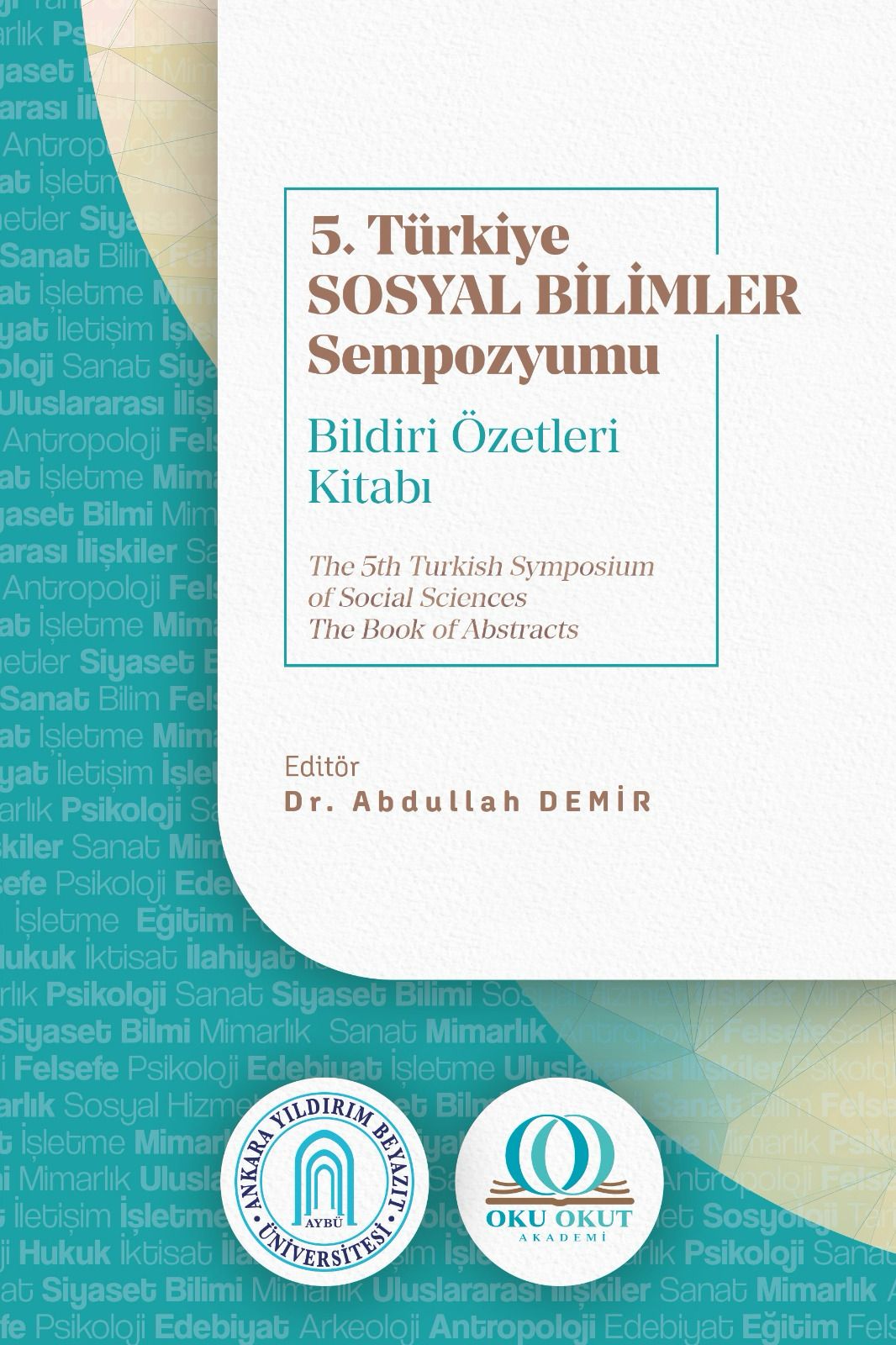The Perception of Angels During the Meccan and Medinan Periods According to the Chronology of Qurʾānic Revelation
Kur’ân’ın Nüzûl Sürecine Göre Mekke ve Medine Dönemlerinde Melek Algısı
Bu çalışmada, Kur’ân-ı Kerîm’de meleklerle ilgili âyetler nüzûl sırasına göre ele alınmakta; böylece melek tasavvurunun tarihsel seyri, işlevsel boyutlarıyla birlikte incelenmektedir. Melek inancı, kelâm ilminin temel meselelerinden biri olmakla birlikte çoğunlukla sistematik ve teorik kalıplar içinde değerlendirilmiş; bu yaklaşım, nüzûl bağlamının ve âyetlerin dönemsel muhataplığının yeterince dikkate alınmaması sonucunu doğurmuştur. Bu araştırmada ise doğrudan Kur’ân verilerinden hareketle, klasik kelâmî doktrinlerin dayandığı vahyî zemin tespit edilmeye çalışılmakta ve melek anlayışı, iniş süreci bağlamında anlamlandırılmaktadır.
Çalışmada, nüzûl sırası esas alınarak meleklerle ilgili âyetler tematik biçimde sınıflandırılmış; bu âyetlerin indirildiği tarihî ve toplumsal bağlam da göz önünde bulundurularak, klasik ve çağdaş tefsir kaynaklarından yararlanmak suretiyle bütüncül bir analiz hedeflenmiştir. Kur’ân’da “melek” kelimesi müfred, tesniye ve cemi kalıplarında toplam 87 yerde geçmektedir. Bu kullanımların 15’i müfred, 2’si tesniye, 70’i ise çoğul kalıptadır. Ayrıca dolaylı biçimde meleklerden bahseden âyetlerle birlikte, Kur’ân’da toplam 193 yerde meleklerle ilgili çeşitli bilgilere değinildiği belirlenmiştir. Bu âyetlerin 155’i Mekke, 38’i ise Medine döneminde nâzil olmuştur. Mekkî âyetlerde kıyamet, cehennem, âhiret, meleklerin Âdem’e secdesi, İblîs’in secde etmemesi, inkârcıların melekleri Allah’ın kızları olarak nitelemeleri ve melekleri görmek istemeleri gibi hususlar öne çıkarken; Medenî âyetlerde meleklere iman, meleklerin ilah edinilemeyeceği ve bazı sayı terkipleriyle meleklerin ifade edilmesi gibi temalar ön plana çıkmaktadır.
Çalışmada ayrıca, Kur’ân-ı Kerîm’de tekrar edilerek vurgulanan ve meleklerin İslam inanç sistemi içindeki merkezî konumunu ortaya koyan bazı özel başlıklar ayrıntılı biçimde ele alınmıştır. Bu bağlamda, meleklerin Âdem’e secdesiyle ilgili âyetler; Kur’ân’da melekler için kullanılan sayısal terkipler; Hârût ve Mârût’un mahiyetine dair tartışmalar; İblîs’in meleklerden olup olmadığı yönündeki görüşler ve Mekkeli müşriklerin Hz. Muhammed’in melek olmaması yahut yanında görülebilir bir meleğin bulunmaması yönündeki itirazları, incelemenin temel eksenlerini oluşturmaktadır.
Bütün bu bulgular dikkate alındığında, Kur’ân’da melek inancının yalnızca “soyut bir iman esası” olarak yer almadığı ortaya çıkmaktadır. Melekler, vahyin muhatabı olan inananlarda metafizik bir bilinç, sorumluluk duygusu ve ahlâkî bir yapı inşa etme hedefi doğrultusunda önemli bir işlev üstlenmektedir. Zira Kur’an’da melekler, sadece metafizik varlıklar olarak değil; vahyin iletilmesi, azap ve müjde getirme, amellerin yazımı ve ölümün gerçekleşmesi gibi çeşitli işlevlerle de zikredilmektedir.

Telif Hakkı (c) 2025 Suat Doğan- Abdullah Demir (Yazar)
Bu çalışma Creative Commons Attribution-NonCommercial 4.0 International License ile lisanslanmıştır.
CC BY-NC 4.0 lisansı, eserin ticari kullanım dışında, her türlü ortam ve formatta paylaşılmasına, kopyalanmasına, çoğaltılmasına ve orijinal esere uygun şekilde atıfta bulunmak kaydıyla yeniden düzenlenmesine, dönüştürülmesine ve eser üzerine inşa edilmesine izin verir.
Makale Bilgileri
- Konu Kelam - Mezhepler Tarihi
- Gönderim 30 Temmuz 2025
- Kabul 4 Ağustos 2025
- Yayım 29 Kasım 2025
- Sayı 5. Türkiye Sosyal Bilimler Sempozyumu
- Bildiri Bilim Alanı Kelam - Mezhepler Tarihi






